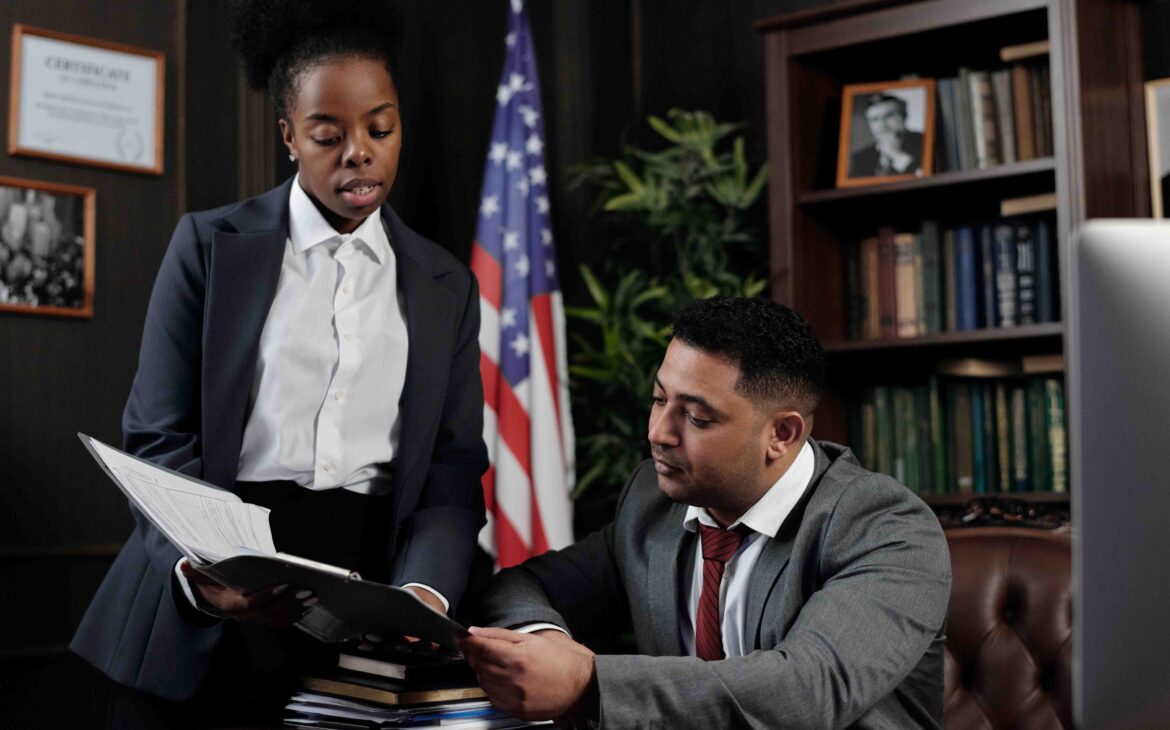Massage therapy is a widely recognized and respected profession that focuses on promoting relaxation, pain relief, and overall well-being. However, like any regulated field, massage therapists may face professional challenges that put their licenses at risk. In such situations, massage license defense attorneys play a critical role in protecting the rights and careers of these professionals. This blog post will explore the significance of massage license defense, the common issues that can jeopardize a massage therapist’s license, and the essential role of defense attorneys in ensuring fair treatment and upholding professional standards.
The Importance of a Massage License
A massage therapy license is a testament to a therapist’s education, training, and commitment to adhering to ethical and professional standards. Obtaining and maintaining a license is crucial for massage therapists to practice legally and gain the trust of clients and employers. It demonstrates their competence, dedication, and compliance with regulatory requirements.
Common Issues Leading to License Challenges
Several factors can potentially jeopardize a massage therapist’s license. Understanding these issues is essential for therapists to navigate their profession safely and seek appropriate legal representation when needed. Some common challenges include:
Allegations of Misconduct: Massage therapists may face allegations of unprofessional behavior, boundary violations, sexual misconduct, or inappropriate relationships with clients. These allegations can arise from misunderstandings, malicious intent, or genuine violations of professional conduct.
Licensing Board Complaints: Complaints filed with the licensing board can trigger investigations into a massage therapist’s professional conduct. These complaints may involve issues such as negligence, substandard care, unethical practices, or violation of regulations.

Criminal Charges: Any criminal charges, even if unrelated to the massage therapy profession, can impact a therapist’s license. Convictions for offenses such as assault, drug-related crimes, or theft may trigger licensing board investigations and potential disciplinary actions.
Violations of Scope of Practice: Massage therapists must operate within the defined scope of practice for their profession. Engaging in activities beyond their authorized scope, such as diagnosing medical conditions or performing invasive procedures, can lead to license challenges.
The Role of Massage License Defense Attorneys
Massage license defense attorneys are legal professionals specializing in representing and defending massage therapists facing license challenges. They possess extensive knowledge of the unique legal and regulatory landscape surrounding massage therapy and advocate for the rights of therapists throughout the legal process. The following are key roles and responsibilities of massage license defense attorneys:
Guidance and Counsel: Defense attorneys provide crucial guidance and counsel to massage therapists facing license challenges. They educate therapists about their rights, legal obligations, and the processes involved in defending their licenses. Attorneys assess the strength of the case, explain potential consequences, and help therapists make informed decisions.
Investigation and Evidence Gathering: Defense attorneys conduct thorough investigations to gather evidence and information that supports the therapist’s defense. This may involve interviewing witnesses, reviewing records, and consulting with experts to build a robust defense strategy.
Administrative Hearings and Appeals: If a licensing board initiates an administrative hearing, a license defense attorney will represent the therapist throughout the proceedings. They present arguments, cross-examine witnesses, challenge evidence, and advocate for a fair and just outcome. In case of an unfavorable ruling, attorneys can also assist in the appeals process.
Negotiations and Settlements: Attorneys skilled in license defense can negotiate with licensing boards, regulatory agencies, or opposing parties to seek favorable resolutions, such as reduced penalties or alternative disciplinary measures. Their expertise in negotiations ensures that therapists’ interests are protected while pursuing the best possible outcome.
Professional Reputation Protection: Massage license defense attorneys understand the impact that license challenges can have on a therapist’s professional reputation and livelihood. They work diligently to shield their clients from unnecessary damage, defending their reputation and mitigating the negative consequences associated with the allegations or disciplinary actions.
Best Practices for Massage Therapists
To minimize the risk of license challenges, massage therapists should adhere to best practices and ethical standards in their profession. Some recommendations include:
Maintain Professional Boundaries: Establish and maintain appropriate professional boundaries with clients, avoiding any behavior that could be misinterpreted or raise ethical concerns.
Stay Informed and Educated: Stay updated on relevant laws, regulations, and best practices in the massage therapy field. Engage in continuing education to enhance professional knowledge and skills.
Document Everything: Keep detailed records of client interactions, treatment plans, and any incidents or complaints. Accurate documentation can serve as crucial evidence if license challenges arise.
Seek Legal Guidance: If faced with potential legal issues, consult with a license defense attorney promptly. Early legal intervention can help protect your rights and ensure a solid defense strategy.
Conclusion
Massage license defense plays a crucial role in protecting the professional integrity of massage therapists and ensuring quality care within the industry. Facing disciplinary actions or investigations can be distressing for massage therapists, as their livelihoods and reputations are at stake. Engaging the services of a skilled massage license defense attorney is essential to navigate the complex legal process and achieve the best possible outcome.
Massage license defense attorneys bring a wealth of knowledge and expertise in healthcare law, allowing them to provide effective representation and counsel to massage therapists. They understand the unique challenges faced by massage therapists and work diligently to protect their rights throughout the entire process. From case evaluation to gathering evidence, negotiating settlements, and providing representation at administrative hearings, these attorneys play a pivotal role in safeguarding the therapist’s license.
When it comes to maintaining a healthy lifestyle, both physical and mental well-being are essential. This is why it is crucial to address two important aspects: massage license defense and finding the best rowing machine.







